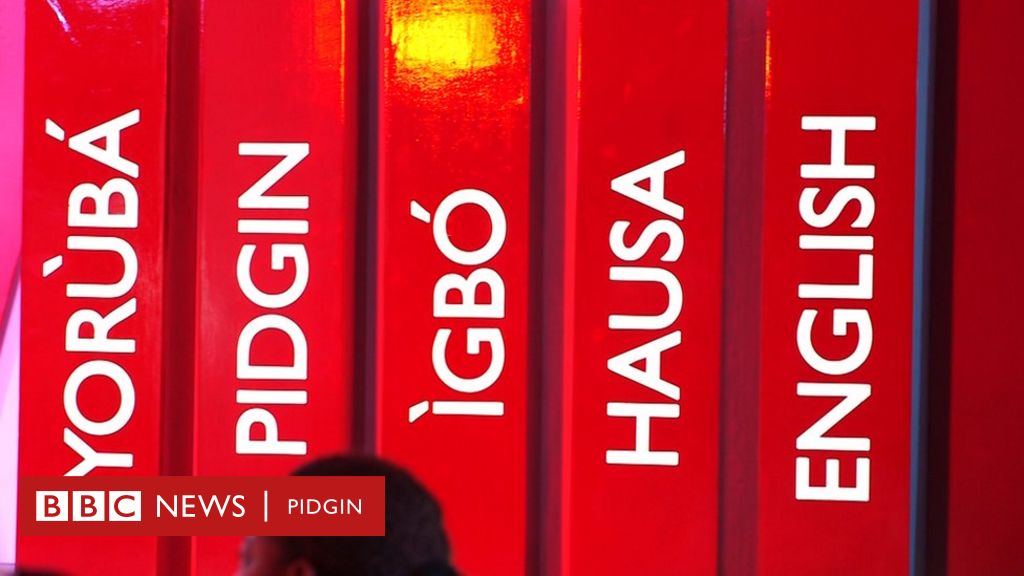

The lancados from Britain, Hancock pointed out, were a mix of fun-seeking adventurers, criminals escaping justice from their homeland, and political refugees running away from persecution. The Portuguese called them-and other Europeans who came to Africa- lancados, which denoted people who “threw themselves” from ships into distant, unknown lands. Nonetheless, although it formed in coastal West Africa, as with most pidgins, Guinea Coast Creole English emerged from Europe and merged with African languages, creating a situation where most of the vocabulary of the new language is European while its structure is mostly African.Īccording to Hancock, Guinea Coast Creole English was born when, in 1553, British sailors made the decision to migrate to West Africa permanently. Guinea Coast Creole English formed along the coasts of what is now Equatorial Guinea, western Cameroon, southern Nigeria, southern Benin Republic, Togo, Ghana, Ivory Coast, Liberia, Sierra Leone, Guinea, Guinea Bissau, the Gambia, and Senegal. Hancock calls the ancestor language that connects large swaths of Black people in Anglophone Africa and the Americas “Guinea Coast Creole English.” (“Guinea” is the historic term used to refer to Black people, which traces lexical provenance to Portuguese Guiné by way of the North African Berber Ghinawen, which means “the burnt people,” apparently in reference to our dark skin.)


In a series of path-breaking scholarly articles, eminent University of Texas linguistics professor Ian Hancock has demonstrated that Nigerian Pidgin English, Cameroonian Pidgin English, Sierra Leonean Krio, Jamaican Patois, and all the English-based creoles in spoken in the United States and in predominantly Black Caribbean nations trace their roots to a linguistic ancestor that was formed in the coast of West Africa in the 1550s.Įven parts of African American Vernacular English (informally called “Ebonics”) in the United States are descended from a West African linguistic ancestor.


 0 kommentar(er)
0 kommentar(er)
